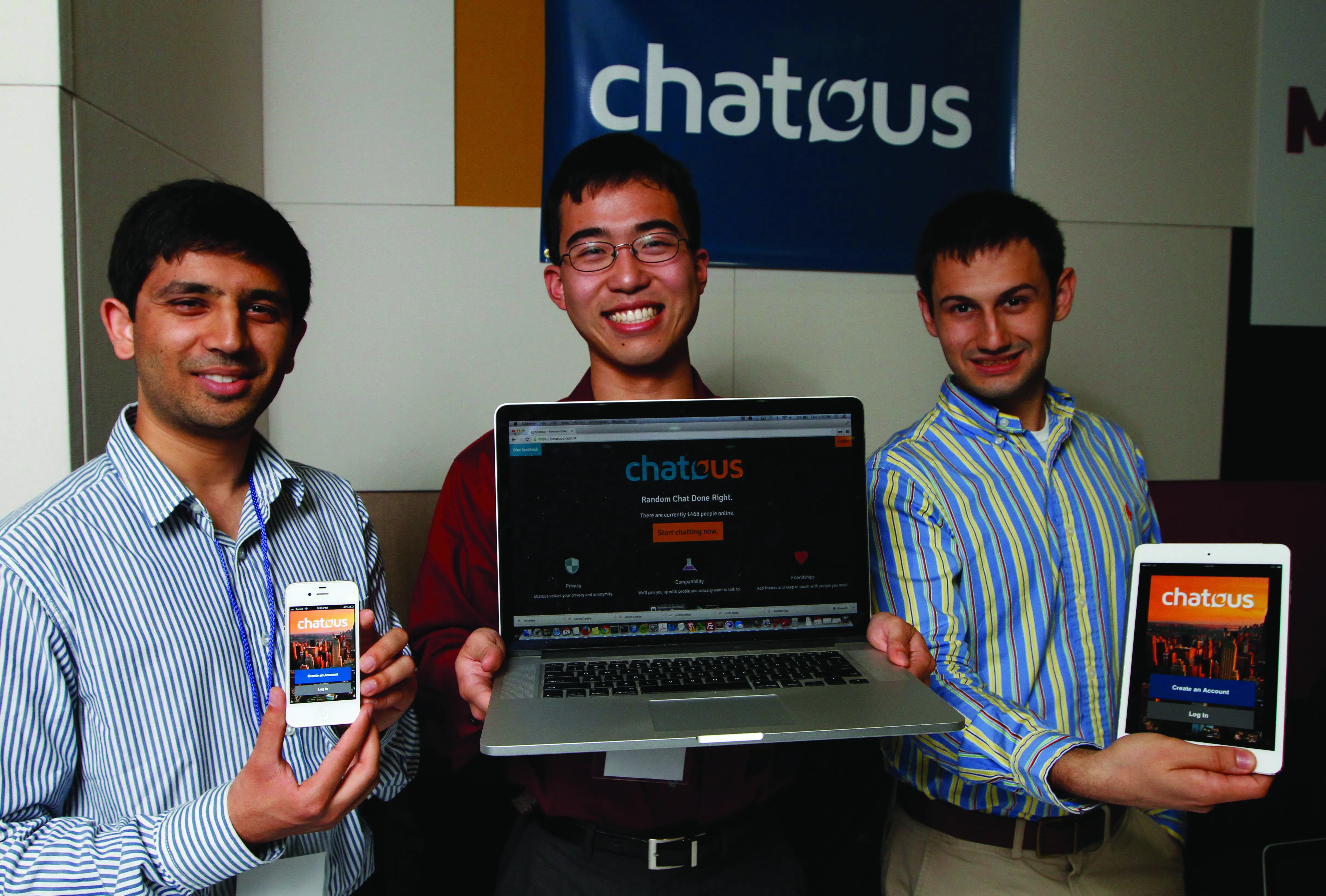StartX, a Stanford-affiliated startup incubator, held its summer Demo Day event on Sept. 12, showcasing the achievements of its latest startup class to the local public and members of the press.
Cameron Teitelman ’10 M.S. ’11, StartX CEO and founder, announced that the incubator’s offices would be temporarily moved to Mountain View while the program prepares for a long-term relocation to a larger space near campus thanks to a recent three-year, $3.6-million pledge in grant funding from the University and Stanford Hospital and Clinics.
Teitelman also announced new strategic partnerships between StartX Med—the medical and biotechnology arm of the incubator—and Johnson & Johnson and Merck.
This summer’s Demo Day focused on companies dealing with data-centric applications, including DataFox, a company based out of Stanford’s Graduate School of Business that collates the haphazard data in the private equity field.
Bastiaan Janmaat MBA ’13, an advisor to DataFox, said that the company was “becoming the Bloomberg for private companies.”
“The motivation for starting DataFox came from the frustrations associated with finding information about private companies,” Janmaat said. “We are creating the gold standard in company and sector analytics.”
Chatous, a startup connecting users on the Internet anonymously based on their personal interests, presented for a second time this Demo Day. The company, the product of a CS224W: Social and Information Network Analysis class project, returned to display milestones as well as seek additional funding.
Chatous co-founder Parth Bhakta ’13 M.S. ’13 mentioned after the startup’s presentation that Chatous is planning to release a Stanford-specific network in the near future for new students to connect with each other.
Also returning to the Demo Day floor was MindSumo, a company that allows college students to solve problems and quiz challenges created by businesses in order to gain recognition for their skills at tackling real-world scenarios.
Trent Hazy ’09, co-founder of MindSumo, explained in his presentation that the company’s products would help students stand out to potential employers in a unique and unprecedented manner.
Hazy stated that MindSumo already has a presence on campus with a private beta operating since February 2012.
The other companies that presented this year were Fonebook, a mobile corporate directory; Skip, a company specializing in radio-frequency identification technology for automatically charged purchases in stores; CloudLeaps, an enterprise information management system; Evantava, an event management software; MedWhat, an intelligent health query responder; OpsViz, a datacenter management software; watchup, a seamless newscast aggregator; and Tangibleplay, a company that makes board games with computerization, using computer vision technology.
As StartX continues to build upon its infrastructure with the new grant funding, Teitelman also announced that eight new investments have been approved as a part of the new Stanford-StartX Fund, an uncapped, opt-in venture fund for StartX companies.
Two publicly announced investments will go towards Knotch, a mobile-based opinion sharing network, and Cytobank, a biotechnology startup dealing with flow cytometry.
